Whether you have your own clothing brand, are a graphic illustrator or are a freelance writer, running a small business can be extremely rewarding. Instead of working in a 9-5 job, you have the opportunity to step outside of your comfort zone and be your own boss. You are an independent business owner who has found legit ways to make money from home, and have the creative freedom to run your business exactly how you want to. With potential financial rewards and a change in lifestyle, running your own business can increase personal satisfaction. But how can you make your small business eco-friendly, and make sure that your business is having a positive impact on the environment?

If you are self-employed, a sole trader or are looking to start a business, it’s your duty to make sure that you are keeping green, and giving back to the planet. After all, Mother Nature is our home, and it’s important that even our dream job is environmentally conscientous. From using digital storage solutions and reducing the paper that we use, to using sustainble web hosting services, small businesses can do their part to keep the planet thriving. No matter how big or small your changes may be, even something small like cutting your use of trains to 4 times a week instead of 5, can play its part in reducing your carbon footprint. You could even set up an eco-friendly office at home!
But why should small businesses be environmentally friendly? Put simply, when we engage in sustainable practices we reduce the amount of pollution that enters the soil, water and air. This not only allows us to maintain a natural ecological balance on earth so that all living things can survive and thrive in their natural habitat, but we can also conserve natural resources and forests. For example, if we are switching to a digital instead of paper footprint, we reduce the number of trees that are getting cut down for notebooks, journals, and books.
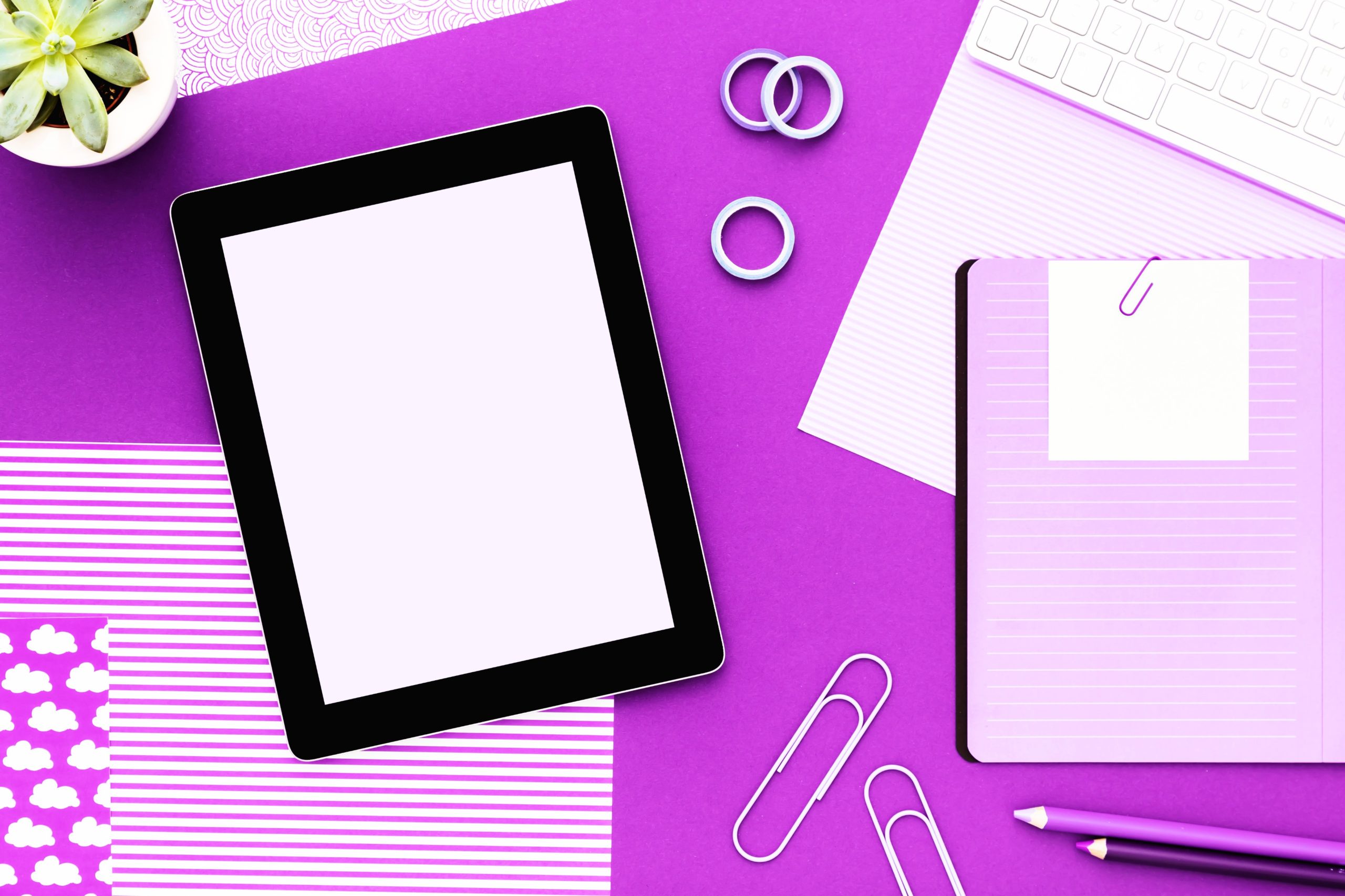
If we are using natural energy resources, such as solar power, we cut down on the number of fossil fuels which are being used, helping conserve our energy for longer. Even the food that we eat, and our shopping habits can have an impact on our ecological footprint. As a small business owner, you are going to want to eat, so it’s important to priortize brands that are organic, locally grown and reduce our intake of meat. Even eating plant based proteins for a delicious meal while we are running our business, can save greenhouse gas emissions!
Use Recycled And Reusable Materials To Reduce Waste
Now more than ever is the time to be kinder to our earth, and make sustainable life choices. That’s why you should use recycled and reusable materials, to make the planet a healthier and happier place, and reduce waste. After all, it takes less energy to reuse and recycle material than it does to produce the same material from scratch. For example, newspaper is recycled and reused for printing. However, the life cycle of paper itself is damaging to the environment. Cutting down trees emitts carbon dioxide into the atmosphere, while paper production uses a lot of water.

When we use recycled materials, such as recycled paper, reusable cardbox boxes and bespoke packaging, we are commiting to a greener future. But how can the materials we use make our small business eco-friendly? Well, recycling is important, as it helps divert waste from our landfills, and reduces the need for raw materials so that rainforests such as the Amazon Rainforest can be preserved.
Raw materials, especially paper, take up a lot of energy, with paper being the 5th largest industrial energy consumer in the world. Not only does it take up 26% of total waste at landfills, but it also causes deforestation, which can contribute to climate change, increased greenhouse gases in the atmosphere and even flooding! When we recycle and reuse our ‘paper waste’, we can conserve the environment and save energy. After all, it takes 70% less energy and water to ‘recycle paper’ than to create new paper from trees, which is damaging to Mother Nature.
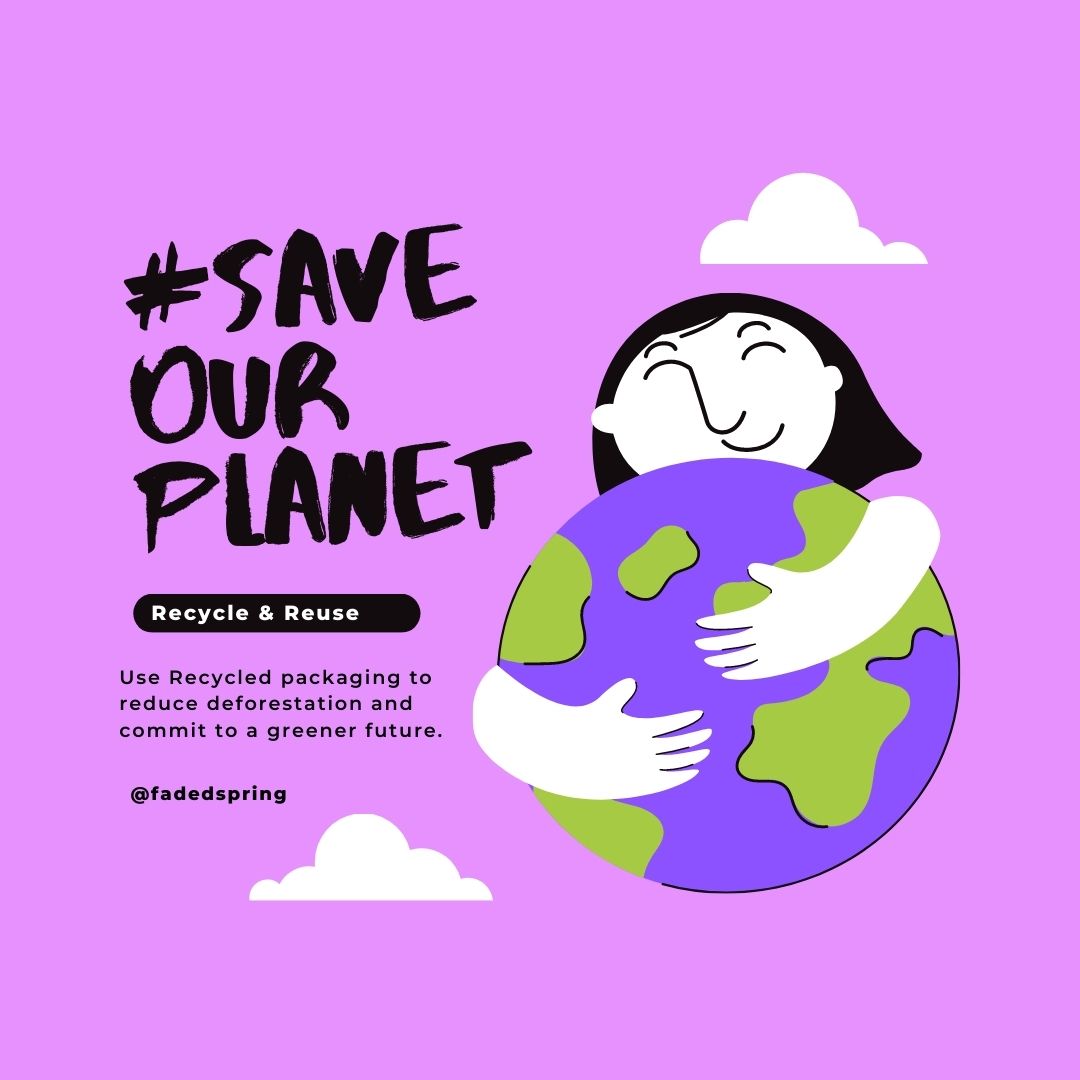
When we reduce our ‘paper intake’ as a small business owner, we are contributing to a greener planet. But what about plastic? After all plastic pollution causes harm to humans, animals and plants through toxic pollutants. What’s worse is that it can take hundreds or even thousands of years for plastic to break down, and ultimately it’s an unsustainble material that is killing our planet. With that in mind, how can you make your small business eco-friendly, and reduce your use of plastic, paper and other destructive raw materials?
One brand who has the right ecological mindset is Lil Packaging, a fully plastic free company, who provides innovative packaging solutions to businesses. Whether you are a small business who sells clothes, and need bespoke retail packaging made from recycled cardboard, sell vintage accessories and need custom printed mailer envelopes or sell meal kits for couples at home, Lil Packaging are the right people for the job. What’s more, they have been awarded plastic free certification by ‘A Plastic Planet’, showing their commitment to sustainability.

Go Paperless And Use Cloud Solutions
Whether you create a ‘paperless office’, reduce your paper footprint and transition to a ‘digital way of working’, using cloud solutions such as Dropbox, Outlook and Microsoft Office, saves time and money and improves organization. Even if you are a small business, going paperless helps you become more efficient as a company, which leads to growth, and increased producitivity. As an extra added bonus, you are helping improve the environment, by reducing waste and the use of raw materials like paper. So why are cloud solutions more sustainable?

Cloud computing is not just a ‘technological thing,’ it has a noteworthy impact on society and the natural environment. Microsoft cloud computing is 93% energy efficient and has 98% lower carbon emissions than on-site data centers. In fact did you know that migrations to the public cloud can reduce CO2 emissions by 59 million tons per year which equates to taking 22 million cars off the road? So if you want to make your small business eco-friendly, consider switching to cloud solutions to minimize your impact on the environment!
However, it’s not enough to just switch to a digital footprint, but also think carefully about how the technology you are using as a small business is affecting the world’s energy consumption. For example, did you know that by 2025, Greenpeace has predicted that the technology sector will consume 20% of the world’s energy consumption? When we switch to ‘cloud computing’ we reduce our energy consumption.

In fact, the amount of energy that we save by using cloud solutions would be enough to power Los Angeles for a year. Both small businesses and large scale businesses can also save 60-85% in energy costs as a result of using cloud computing, while decreasing the rate of carbon emissions. By using cloud computing, you could potentially reduce your carbon footprint by 30% for large businesses and up to 90% for smaller businesses, creating a greener, paperless future. Cloud computing also encourages dematerialization.
Dematerialization was coined to explain how cloud computing could replace high-carbon physical products with virtual equivalents. For example cloud based technologies like Google Drive help keep all your documents, videos, and photos all in one place, and is the virtual version of ‘printing’ your images/ documents. DocuSign is another great example and prevents against paper waste or disposal.

Cut Down On Public Transport And Work From Home
Now more than ever is the time to make our small business eco-friendly, and working from home can definitely reduce our carbon footprint. As we start to ease out of lockdown, more of us will be returning to the office, but it dosen’t have to be that way. Whether you give flexi-working a go, and try working a few days in the office, to get your small business up and running, or work from home permenantly, limiting how much we are using public transport can do wonders for our environment. You can reduce air pollution, and decrease cars on the road.

For example, during the COVID-19 pandemic Breathe London data found that emissions reduced by 25% during the ‘normal’ morning commute and 34% during the evening commute. Based on findings, working from home as a small business owner can cut greenhouse gas emissions by an astounding 3.3 million tons in London alone, which will help decrease air pollution and create cleaner, fresher air.
Working from home as an SME is a step in the right direction, and you can not only improve air pollution, decrease emissions and energy consumption, but you can also decrease paper waste and achieve a better work-life balance. You can be kinder to the environment and to yourself, without hurting Mother Nature. You can enjoy overall freedom and independance, and earn your time back, without repurcussions.
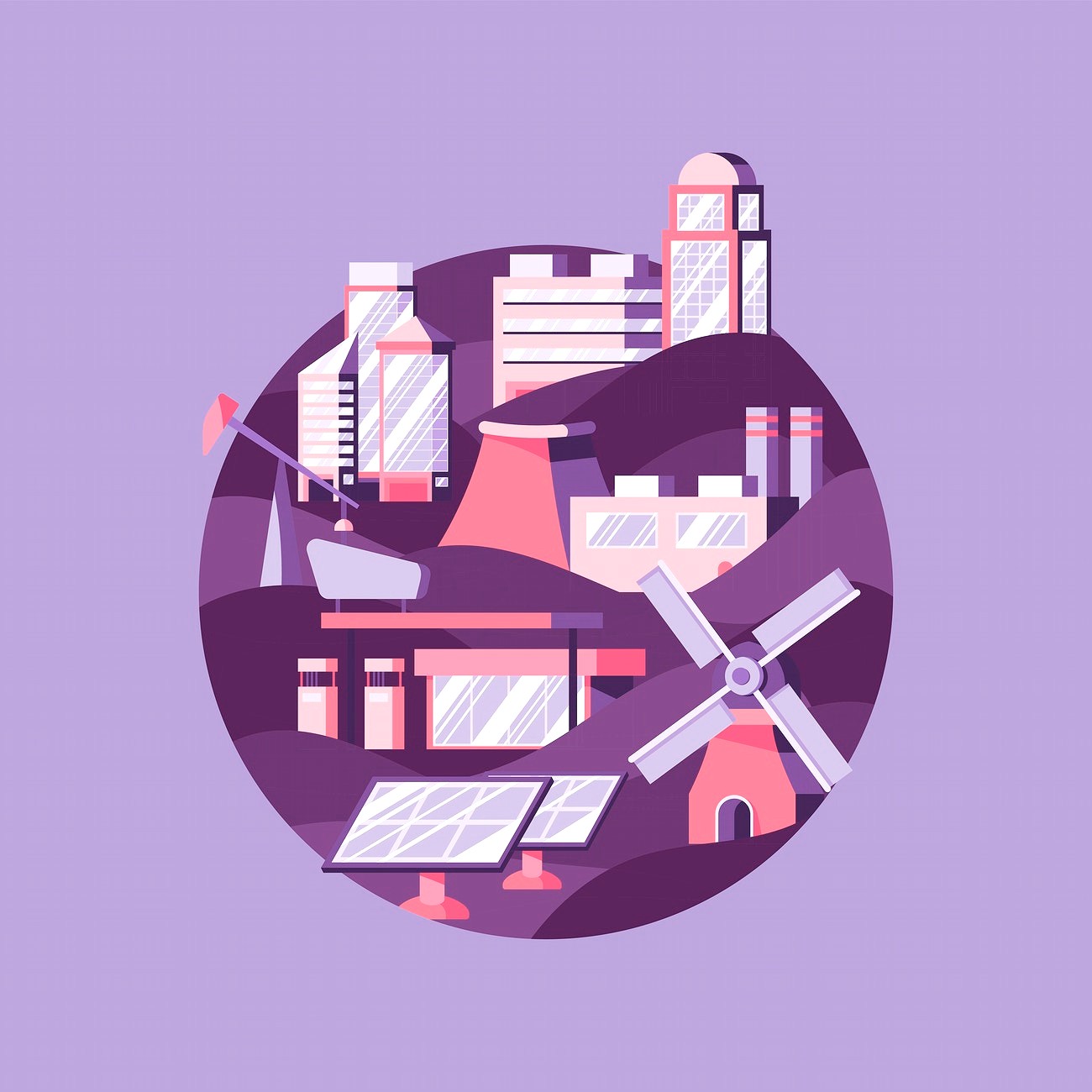
In the summer alone, according to Refinery 29, you can save 400kg of carbon emissions each year, which equates to 5% of your annual carbon footprint. This is because going on a bus, train or driving a car creates greater carbon emissions than the energy that you use at home. As a small business you can also save money by working at home, with homeworking saving 3 billion a year in costs!
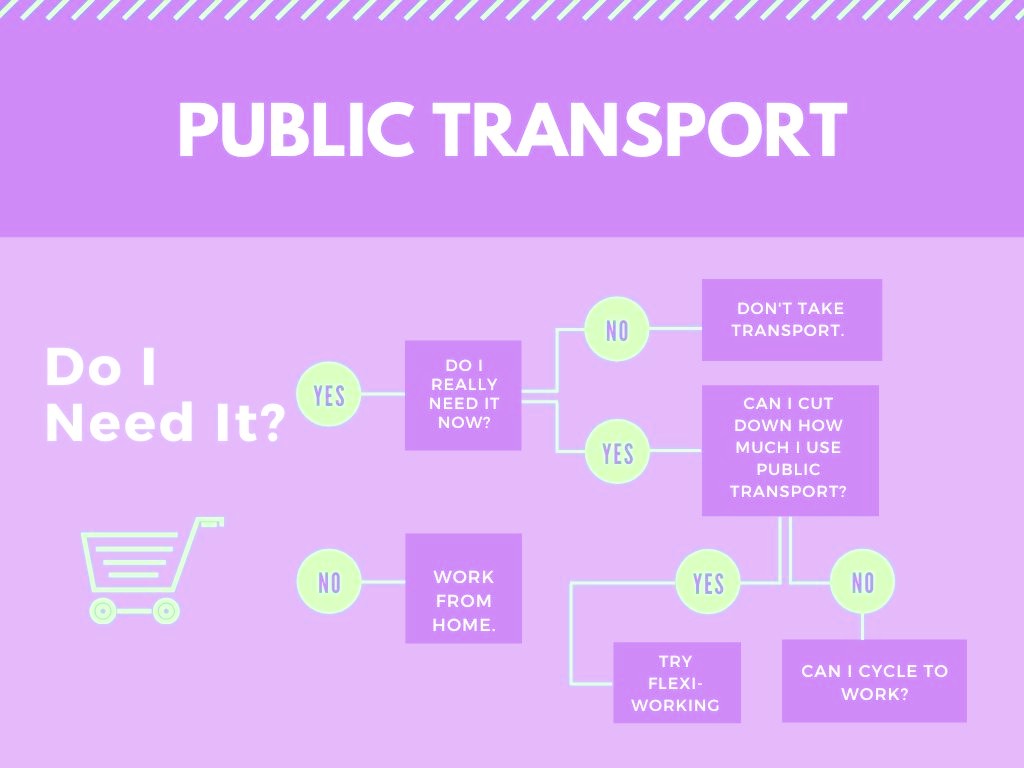
Reduce The Amount Of Water You Use And Conserve Energy
Saving water might not be at the top of your ‘sustainability’ to do list as a entrepeneur, but if you want to be a small business who is eco-friendly, then tackling your water usage is a good place to start. After all, whether you are a human, animal or plant, we all need good quality water to survive, and life would be impossible without it. Conserving water is vital, because 70% of the earth is made up of water.
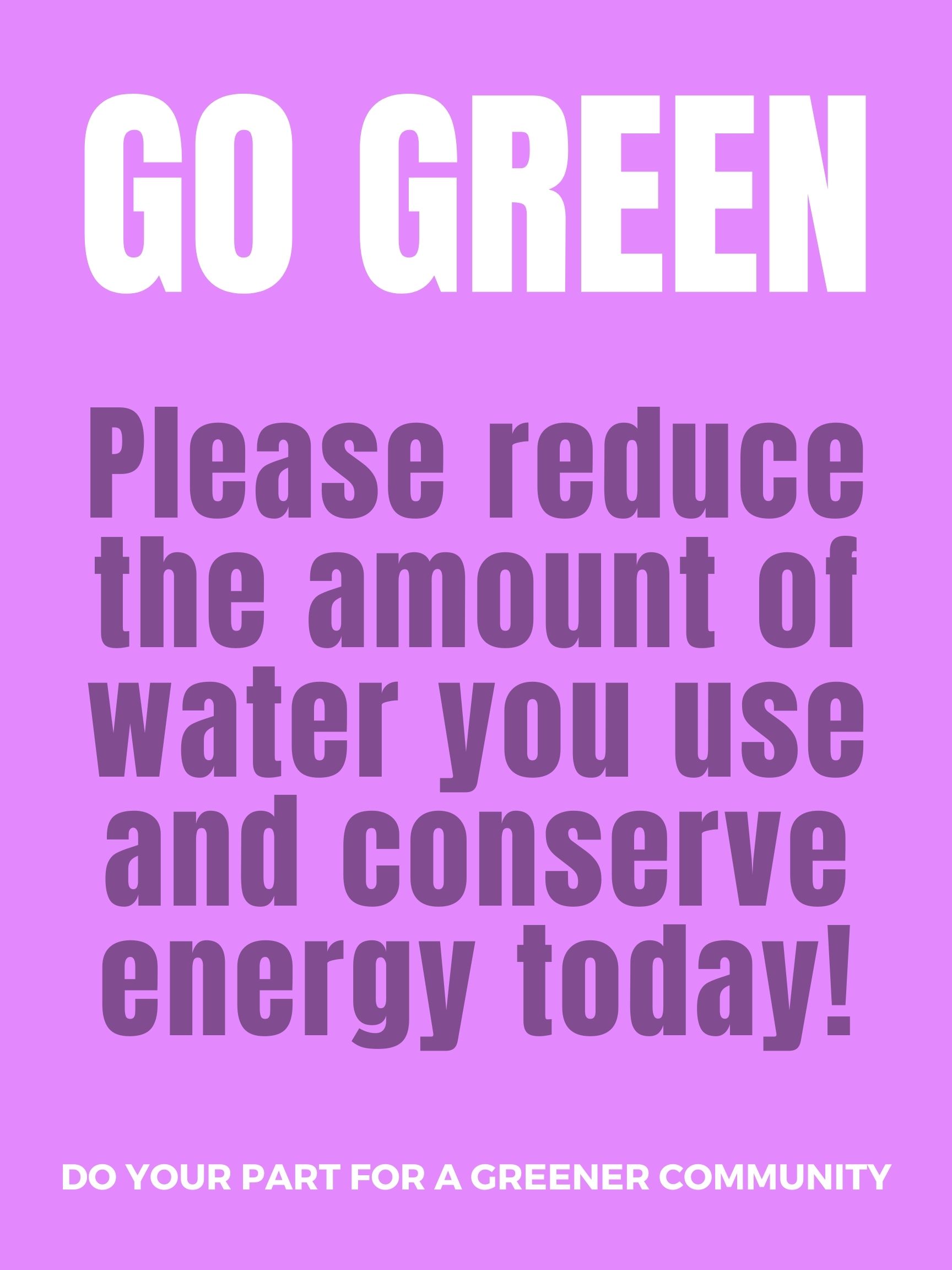
When operating a small business, everything from paper production, to washing, diluting or cooling is an example of industrial water use. For example, let’s say that you run a small clothing brand. The fashion industry is the second most water-intensive industry in the world, consuming around 79 billion cubic metres of water per year. In fact, it takes on average 10,000 litres of water to cultivate just one kilogram of raw cotton, the material used in a third of textiles produced globally, representing 90% of all natural fibres used!
So how can you reduce the amount of water that you use and conserve energy, when you are running a business? Well for starters, why not consider recycling water. You can use rain water, waste water or grey water, and clean it, before returning it for use in industrial operations. When we recycle water it doesen’t just cut down on water usage, but it also reduces nutrient and contaminant loads into oceans and rivers. This means that the recycled water you use, can reduce the waste that you create when operating a small business.
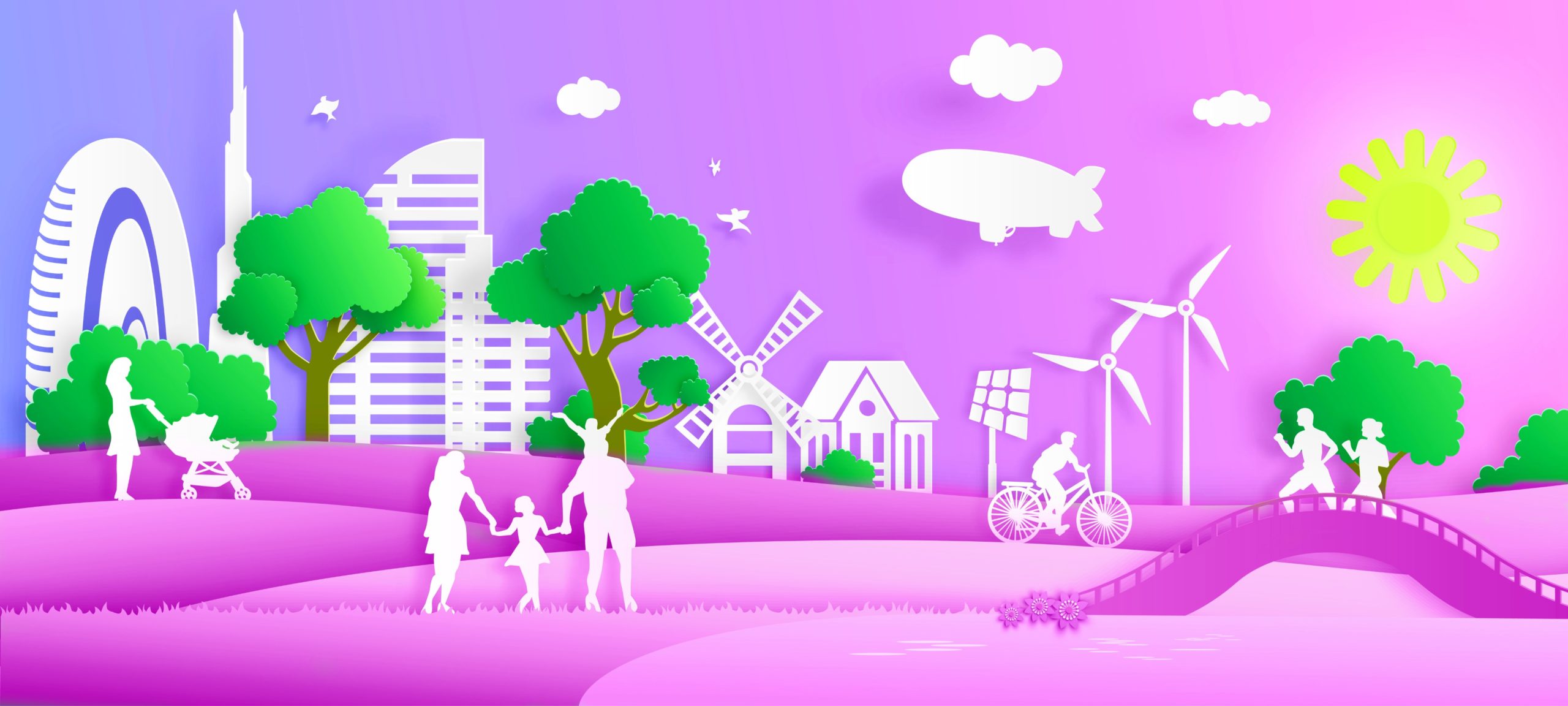
If you want to reduce water consumption in your workplace (whether that’s at home or in an office), you can also improve your plumbing system, by switching to low-flow outlets. Whether that be low-flow toliets, showers, or faucets with aerators to reduce water wastage from high-pressure streams, you can help make even a small difference. You save money in the long run, protect the planet and reduce energy used.
Use Sustainable Web Hosting Services

With 4.66 billion internet users in the world today, the demand for online data has never been bigger. And while using technology, helps us boost our small businesses presence online, at the same time it can have a damaging impact on our earth. Let’s assume that you as a small business owner have your very own website, and have brought a web hosting provider, to keep your site running. They are hosting your small business website on their server, and to keep your website online, those computers must stay online 24/7/. So what does this mean?
Put simply, the powering of data centres, including web hosting services are all running on fossil fuels, which release CO2 into the atmosphere. Not only does carbon dioxide increase the ‘greenhouse effect’, which causes the planet to be warmer than it would be naturally, but in just 250 years we have produced 40% more CO2 than ever before, due to consuming fossil fuels like fuel and gas.
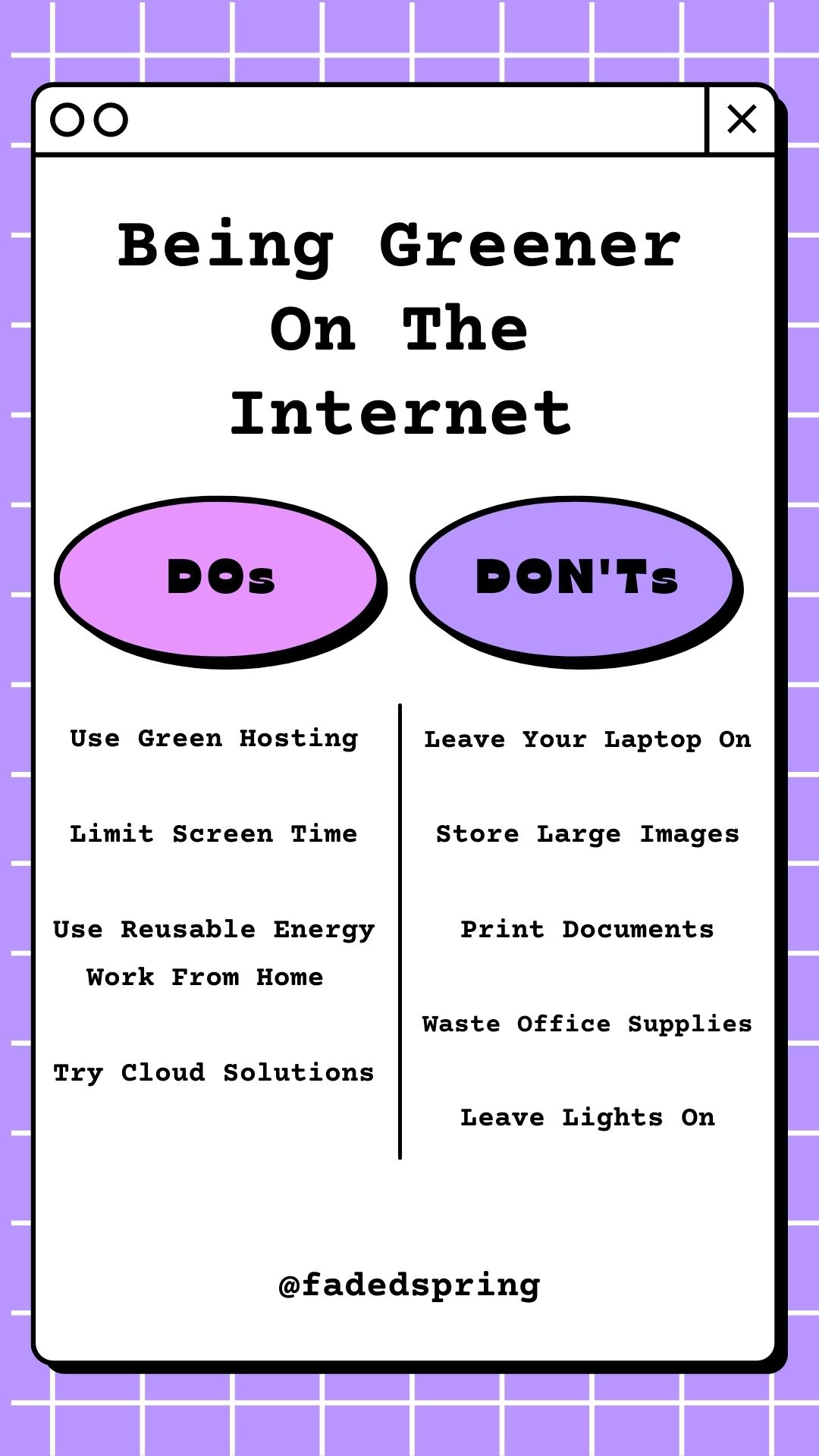
So, how can you as an entrepreneur create a small business that is eco-friendly, and find a sustainable web hosting service that is kinder to the environment? Well, why not try Green Website Hosting, which is powered by renewable energy all year round. Instead of using fossil fuels like most hosting providers, it runs entirely on wind generated electricity from UK wind farms. Run by an ethical and green business, they make sure that only sell their web hosting services to positive businesses and organizations who share the same values as they do.
If you are looking for an alternative then Green Greeks is another great sustainable website hosting provider, that is environmentally responsible. An American web hosting provider, GreenGeeks has been recognized by the United States Environmental Protection Agency since 2009 as a Green Power Partner. An award winning eco-friendly web hosting service, it’s easy to see why!
What Are Your Tips For Creating An Eco-Friendly Small Business?
*Disclaimer
Please note this is a collaborative post but all thoughts are my own and are not affected by monetary compensation. As someone who loves to support friend’s brands, I am passionate about helping them create a small business that is eco-friendly and sustainable.
These are some great tips! I didn’t know they had green web hosting.